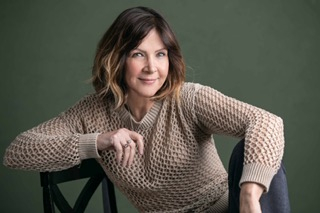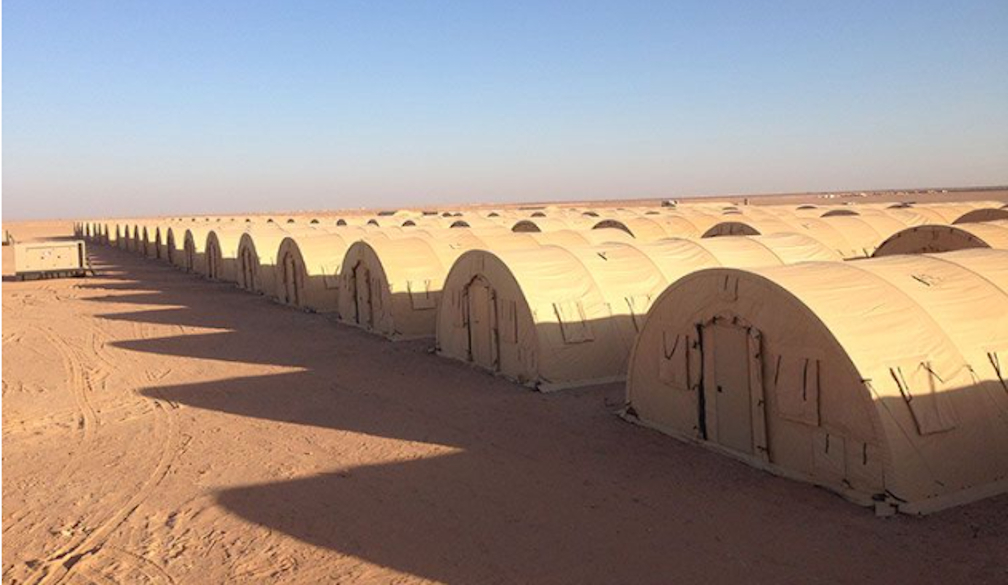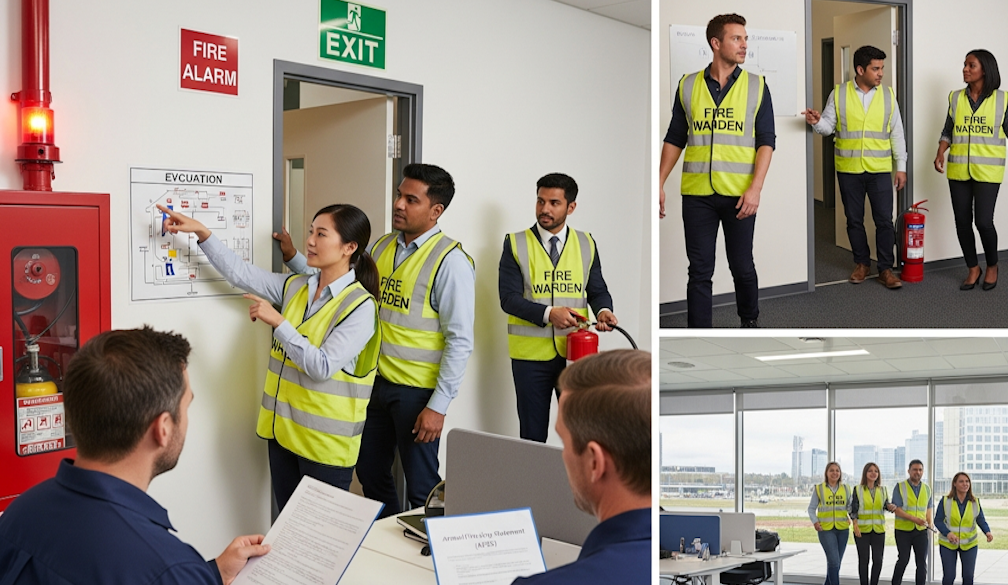Revered Adoptee Advocate and Filmmaker ZARA PHILLIPS - “Grateful”
- Written by Zara Phillips

Grateful -Thankful, feeling and showing an appreciation of kindness.
Manners were very important to my mother. I was raised at a time when children had to be polite - for what would people think if we weren’t? (It wouldn’t really cross my mind not to be until much later) - for children showing good manners was surely a sign of great parenting. Rudeness reflects on the parents.
“What do you say Zara?”
“Thank you, mum, for dinner.”
“Thank you, auntie, for my present.”
“Thank you Mrs. Smith for driving me home.”
“Thank you for helping me.”
And I agree - when I became a mother myself, wanting my children to be polite and respectful when they were little was important for me too.
But what happens to children when we expect them to be grateful for situations that they did not create themselves, that caused them deep distress, where they had no voice in the matter, where grown-ups made all the decisions about their lives? This is where it got confusing for me. I want to talk about being adopted.
I know I am not alone in growing up hearing these lines.
“Aren’t you so lucky you were adopted.”
“You could have been left in foster care, a children’s home.”
“Don’t you feel so grateful for your mummy and daddy adopting you? Look at this beautiful house you live in. Look at the wonderful education you have been given.
Aren’t you grateful? You must be so grateful! I would be grateful if I was you”
And the worst one of all.
“Aren’t you glad you were not aborted.”
Of course, I felt grateful for all those material things, or was it the panicked part of me who was terrified not to be forever grateful in case I would be sent back to a foster home? The lines became blurry.
The word ‘grateful’ was full of confusion and dishonesty.
It was only years later that I was told,
‘Adoption is the only trauma in the world where the victim is supposed to be grateful.’
That hit me so hard in my heart. Finally, I was hearing something where my trauma was recognized.
I realized the expectation for me and my adoptee community was to be grateful for ‘being saved’ - that society could not bear to think of this in any other terms.
What would have been helpful for me would have been words like this:
“I am so sorry you lost your mother and father and biological family.. You must feel a lot of grief not knowing them. It must be challenging to grow up protecting everyone else’s feelings because they find it too hard to recognize your loss. You must wonder where your mother is. You must wonder why she couldn’t keep you. This must hurt deeply at times.”
Gratitude was getting pushed further away as the other emotions like a deep rage and depression were ruling my heart.
What was gratitude? Maybe it was just survival, for if I were to really tell adults the truth that I hurt so much, that I longed to know who my birth mother was, they would accuse me of being ungrateful.
Even writing this I know some readers will want us to ‘get over it - people have had it way worse than you.’
But as little children, then becoming teenagers and young adults, it is impossible to get over a grief so deep without mourning, and be grateful.
I would point out that if a mother died while the child was young the response from society is immediately different.
“Oh that poor little thing, how deeply tragic, I am so sorry.”
There is a compassion that has been missing for us.
I was wise to be guarded, for the times I did manage to squeak something out I was accused of being just that - ‘not grateful’
The times I acted out, shouting in a rage, taking too many drugs and being disrespectful, I was accused of not being grateful for what I had, or all that had been done for me.
If it is demanded of adopted children to feel grateful for their trauma, what happens inside them is a crippling shame.
And children that feel shame tend to turn it inwards against themselves. they feel defective and unlovable and blame themselves.
Over the years as a mother, I would say to my children,
‘if a child is being mean to you, it’s because they are hurting inside about something we know nothing about. You don’t have to accept their bad behavior, but we need to understand that’s how children share their feelings sometimes.”
How can a child feel true gratitude when their basic human rights have been taken away from them, their right to be honest about how they feel? That’s a big burden to put on little shoulders and a huge expectation.
I wanted to feel grateful, I wanted to truly understand that beautiful feeling. I wanted to be happy and not heartbroken. I longed for that. I did not understand back then that to get to having a ‘healed grateful heart’ I had to first grieve my loss.
It was otherwise impossible and I was stuck on a merry-go- round of dysfunctional behavior.
I had to be allowed to first say,
“I am not grateful for being adopted; it hurts.”
“I don’t like being made to live as if everything is OK. I am not OK.”
“I am not grateful that my records were kept from me.”
And most importantly. “I miss my first mother.”
Years later when I finally met my birthfather in 2016, and he passed away less than three years after I found him. A few well-meaning people said to me,
“Well, aren’t you grateful you found him?’ Can you imagine if he had been dead? “At least you got to meet him.” “Aren’t you so grateful?”
Can you imagine saying to a biological child who was raised with a parent?
‘Well at least you knew them.”
Society would never say that because there are two different rules. One for biological families which is always
‘I am so deeply sorry for your loss”
And one for adoptees. “You must feel so grateful you have new parents.”
What would have been most helpful after my father died would have been.
“I am so sorry for your loss.”
“That’s so sad that you just got to know him, and he passed away so soon.”
Recently I was talking with a mother, and her eight-year-old daughter overheard me saying I was adopted.
“You were adopted?” she said in a serious compassionate voice. I nodded.
“That must be so hard.” Her little face concerned, her wisdom took me by surprise. I felt tears in my eyes. I looked back and her and I replied.
“Yes, it really can feel so hard at times.”
She was more astute than most grown-ups. She allowed me to be honest because she had no stake in the game.
I think as a society people are so trained to say things that they do not even think. Adoption is the perfect answer, right? The solution for infertile mothers and babies that need homes.
Strangely from my experience of working and hearing other adoptees we start feeling more connected to our adopted families when we know where we came from.
I could appreciate them so much more when I had all my information and had been reunited with my birth family. I could truly feel grateful for all they had done with the limitations that they had. But to get there I had to do a lot of crying and get very honest about how robbed and angry I felt. It has taken many years.
Today I do not feel grateful for what adoption robbed me of. I do not pretend anymore. I still come up against people being angry towards me, but I am no longer willing to make others feel comfortable with the myths of adoption that they want to believe. For by doing that I am doing a disservice to the little children and babies that need to be heard - and to myself.
In 12 step program we are taught to write our fears, hand them over and then write a gratitude list.
These days mine usually go something like this:
I am grateful to be sober, I am grateful to be a mother, I am grateful for my health, I am grateful for my children’s health, I am grateful for my husband, I am grateful for my home and food on the table. I am grateful for my support groups, my friends, my family, work, toast and jam…
I am grateful for the gift of life.
IG: @zarahphillips










